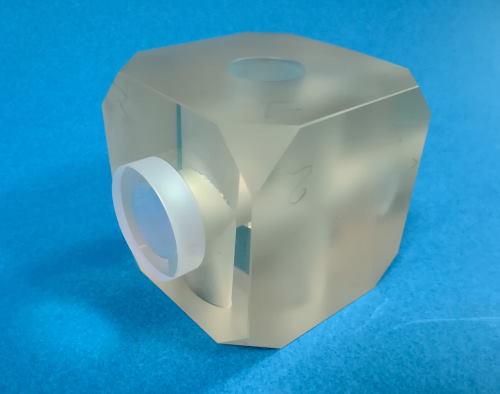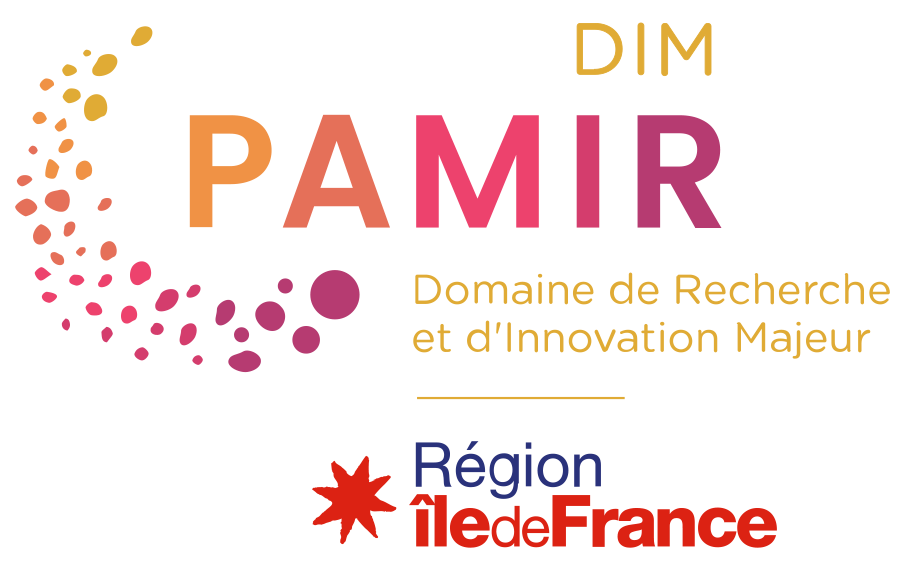
Paléolaser
Application of VCOF-CRDS methods to the study of past environments
Scientific responsibility :
- Mathieu Daëron
- Laurent Emmanuel
- Stéphanie Duchamp-Alphonse
- Samir Kassi
Methodological axes :
Thematic fields :
Disciplinary sectors :
Funding :
- DIM PAMIR
Project ID : IDF-DIM-PAMIR-2022-2-018
Summary :
Oxygen-17 excess (Δ17O) in carbonate minerals is an emergent tracer with the potential to provide critical information to study paleo-environments, bio-calcification processes, and the Earth’s geological history. Precise measurements of this tracer in carbonates by mass spectrometry present unique technical challenges, but recently developped spectroscopic methods such as VCOF-CRDS (“V-shaped Cavity Optical Feedbak – Cavity Ring-Down Spectroscopy”) avoid most of these technical issues, which is why PANOPLY (Paris-Saclay’s consortium for analytical geoscience) will next year set up a unique VCOF-CRDS instrument capable of measuring Δ17O in CO2 and carbonates with high precision (<10 ppm), with unprecedented ease and quickness. To do so requires that geochemists learn specialized skills of laser physics, and that we adapt existing VCOF-CRDS procedures to the unique requirements of geochemical analyses. In order to do so efficiently, we propose to hire for 18 months a post-doctoral fellow with the required spectroscopic expertise, who will greatly facilitate the setup of PANOPLY’s new instrument. This post-doctoral fellow will, by necessity, be directly involved in the first applications of VCOF-CRDS to geochemical / paleoenvironmental issues, such as (1) characterizing equilibrium 17O/16O fractionation between calcite and water; (2) studying isotopic disequilibrium in bio-carbonates; (3) paleo-climate reconstructions based on speleothem archives; and (4) reconstructing the oxygen-isotope composition of Earth’s oceans over the Phanerozoic Eon. This project provides a strategic opportunity for Ile-de-France laboratories to quickly and efficiently acquire key new skills specific to molecular spectroscopy, whose strong impact on geoscience analytical methods in the very near future is well recognized.
Post-doctoral student : Thibault Clauzel

